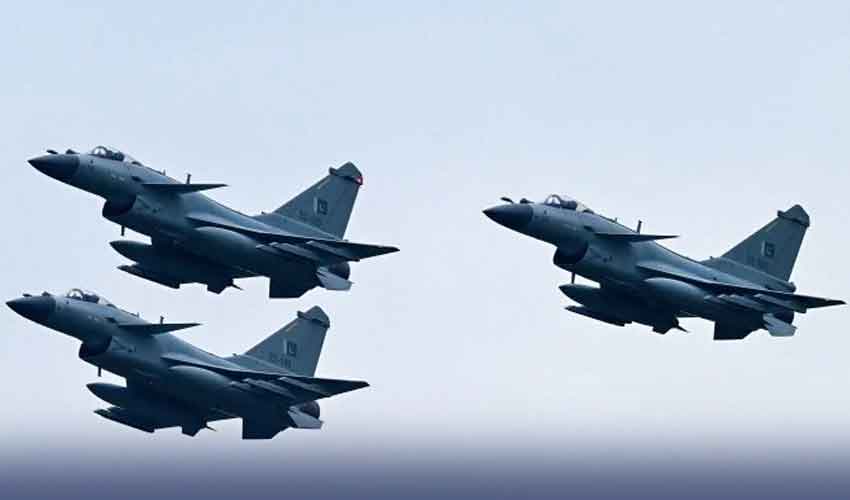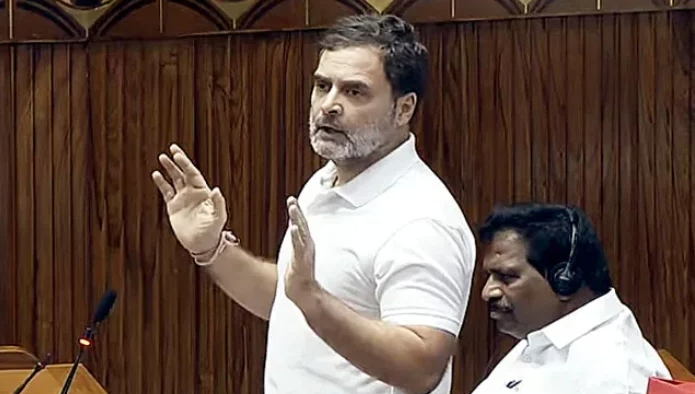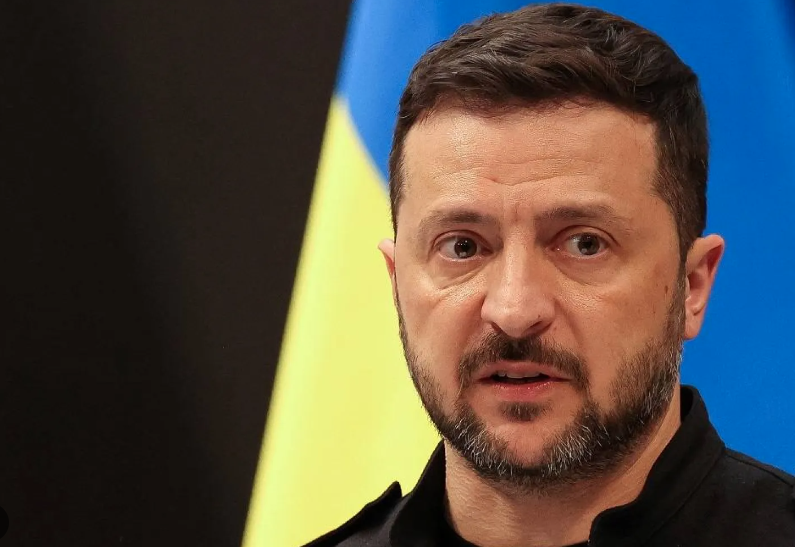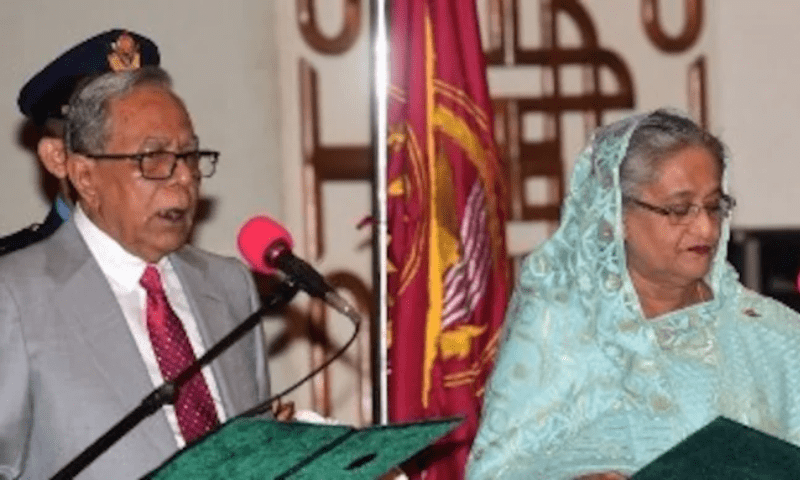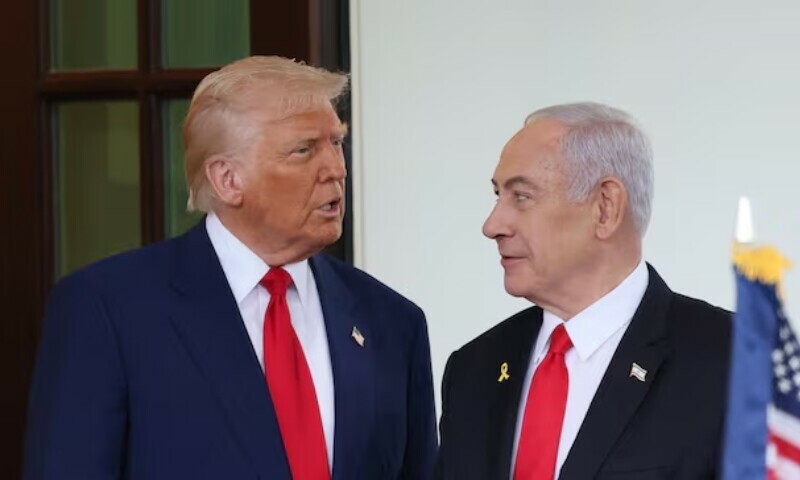WORLD NEWS
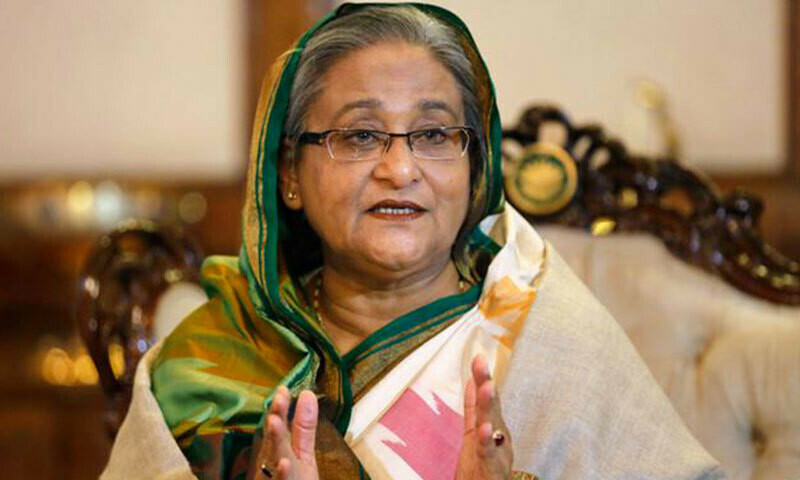
Former Prime Minister Sheikh Hasina of Bangladesh faces charges of war crimes for her role in a deadly crackdown during mass protests in July 2024 that left 1,400 people dead, according to a report by the United Nations.
On Monday, prosecutors at Bangladesh’s International Crimes Tribunal (ICT) revealed that an investigation had found Hasina responsible for incitement, complicity, conspiracy, and failure to prevent mass murder. The charges stem from the brutal crackdown aimed at silencing opposition protests against her government.
Chief Prosecutor Mohammad Tajul Islam stated that Hasina's actions included ordering law enforcement agencies and aligned auxiliary forces to commit violence against protesters. He described the extent of the crackdown, noting that it involved mass killings, burning of corpses, and even killing people who were still alive.
“The investigation team has found Sheikh Hasina culpable in at least five charges,” said Tajul Islam, adding that Hasina is accused of personally directing the violence during the July 2024 uprising.
As part of the investigation, authorities have gathered video footage, audio recordings, phone conversations between Hasina and officials, and drone footage documenting the events. The tribunal is set to proceed with a trial involving Hasina and two of her former aides: Asaduzzaman Khan Kamal, the ex-home minister, and Abdullah Al Mamun, the former police chief.
Background:
The July 2024 protests were fueled by widespread discontent with Hasina’s government, leading to violent confrontations between law enforcement and civilians. According to reports, up to 1,400 people lost their lives in the crackdown, triggering international outrage.
Sheikh Hasina has been living in self-imposed exile in India, having fled the country by helicopter after the protests. Bangladesh's interim government has since banned her political party, the Awami League, pending the outcome of the tribunal's trial. This measure, according to Asif Nazrul, a government advisor, is meant to protect national sovereignty, security, and the safety of the tribunal's witnesses.
Despite Bangladesh's request for her extradition, India has yet to respond to this demand. Meanwhile, Hasina remains defiant, continuing to evade arrest despite an outstanding warrant.
International Reactions and Legal Developments:
- United Nations and human rights organizations have condemned the violence during the protests, with many calling it a case of crimes against humanity.
- The ICT was established in 2009 by Hasina’s government to prosecute those responsible for war crimes during Bangladesh’s 1971 war of independence against Pakistan. However, the tribunal’s scope has now expanded to address abuses in more recent history, including those committed by Hasina’s regime.
